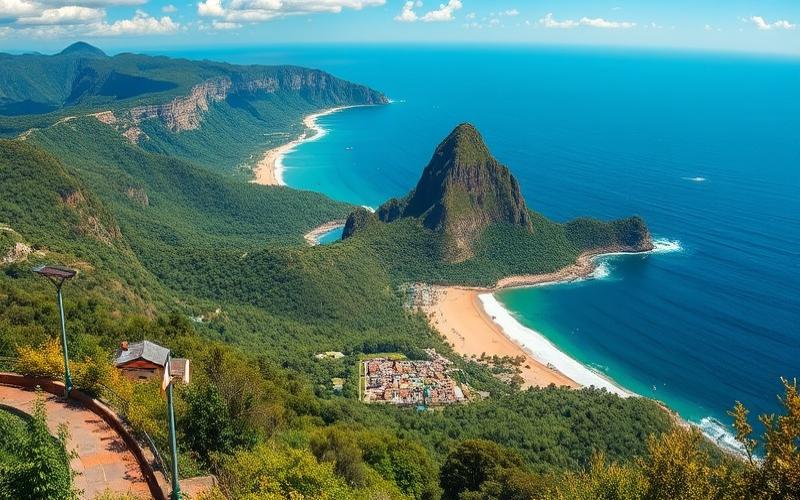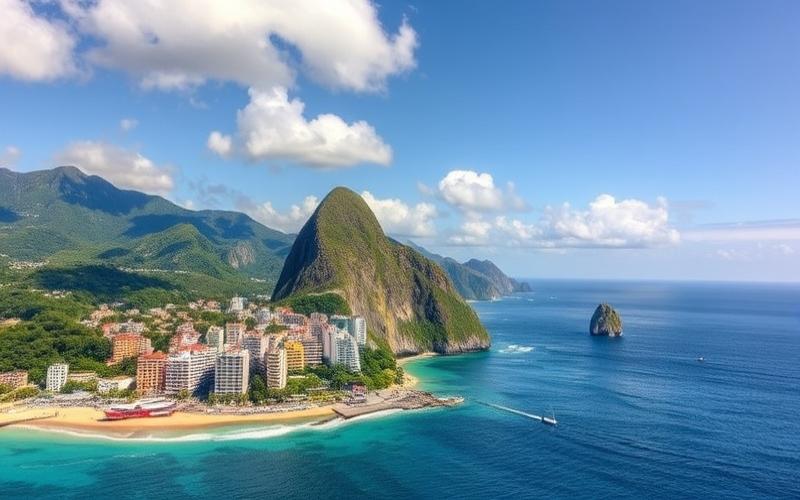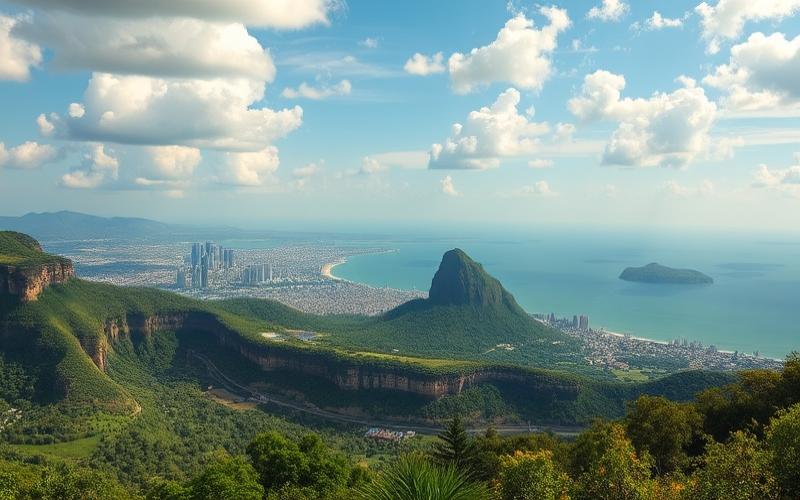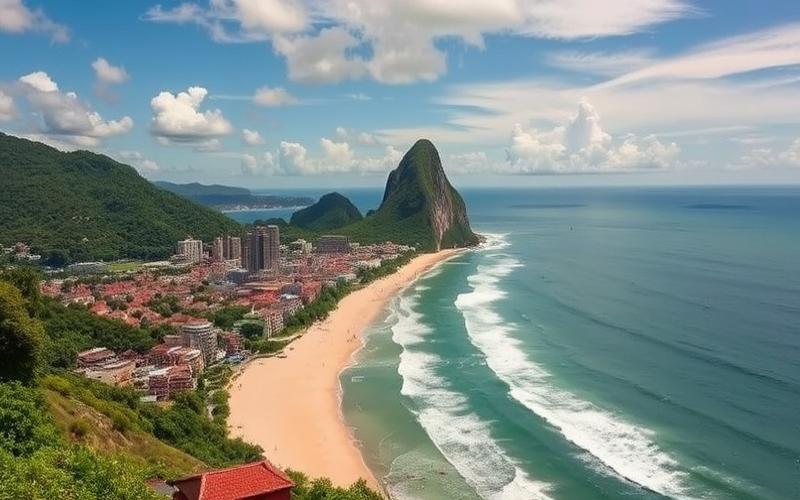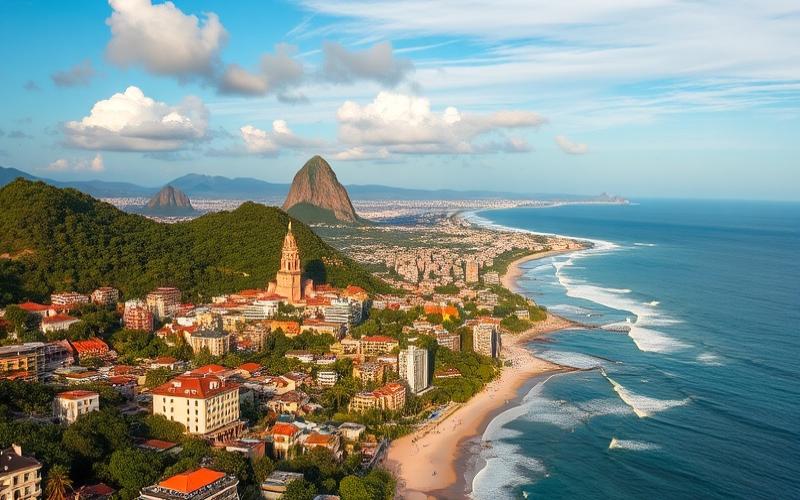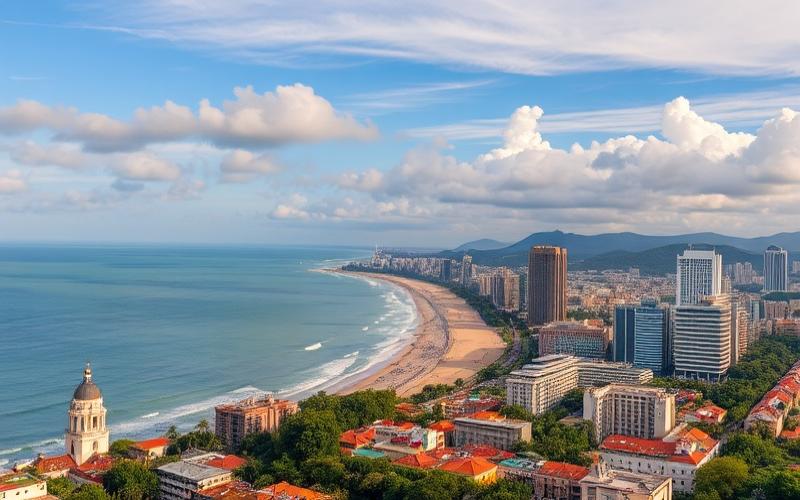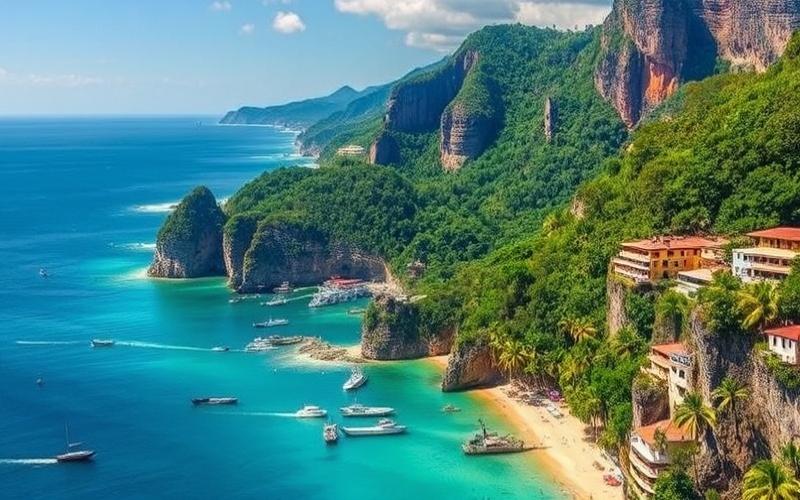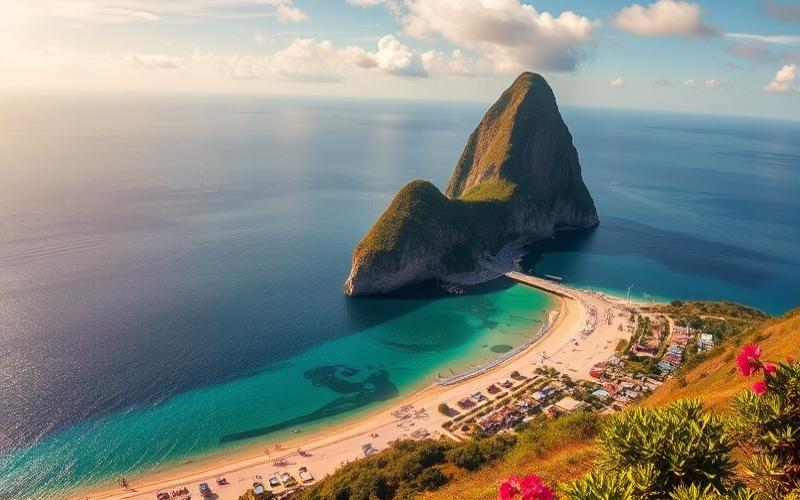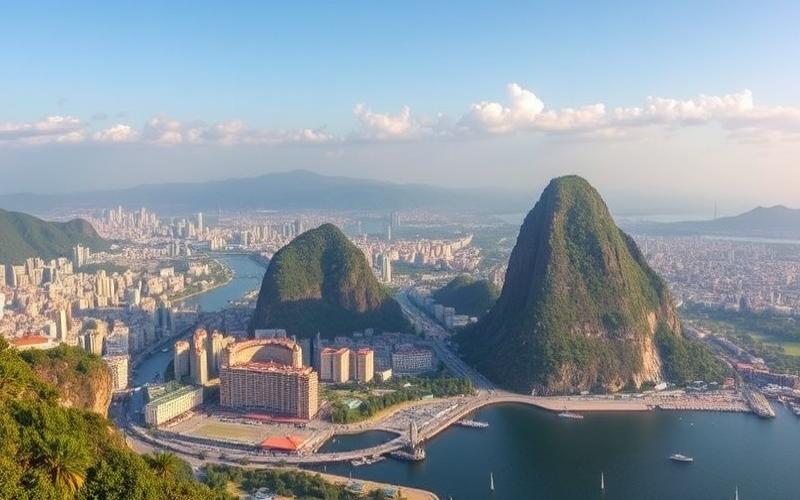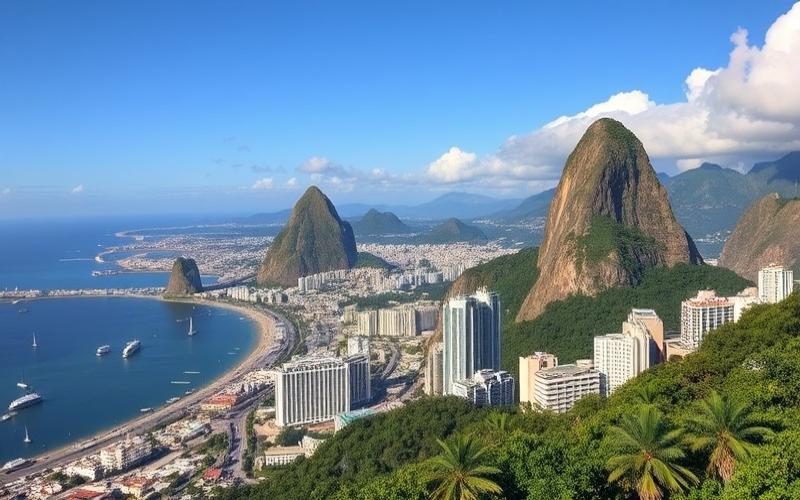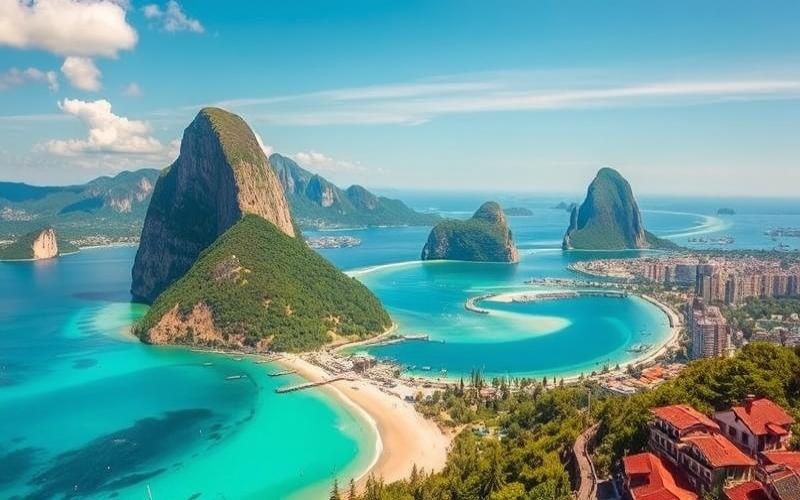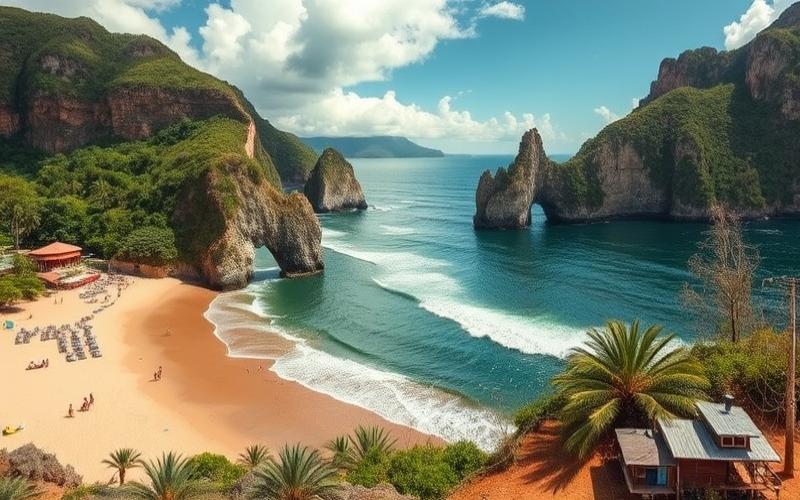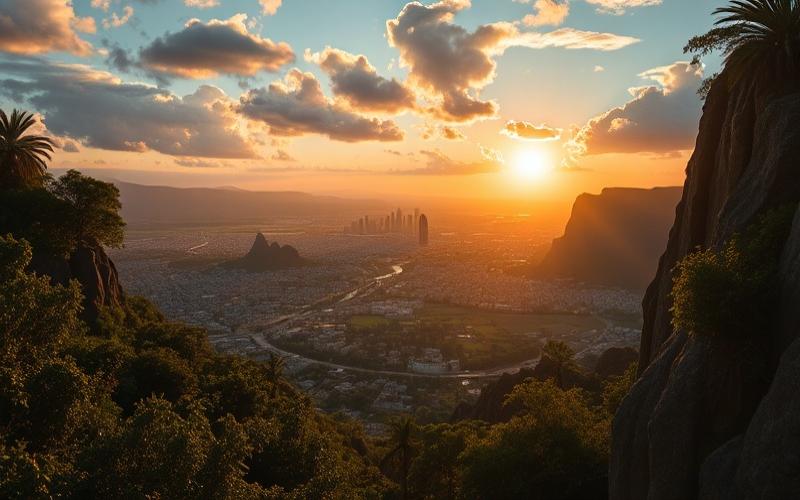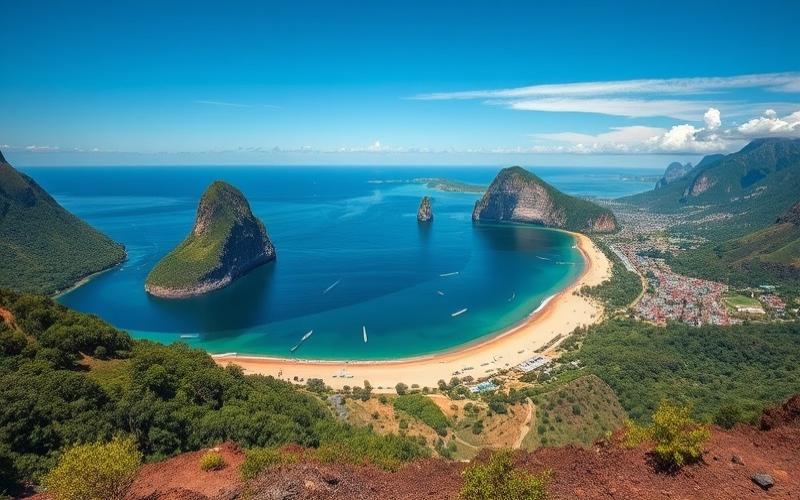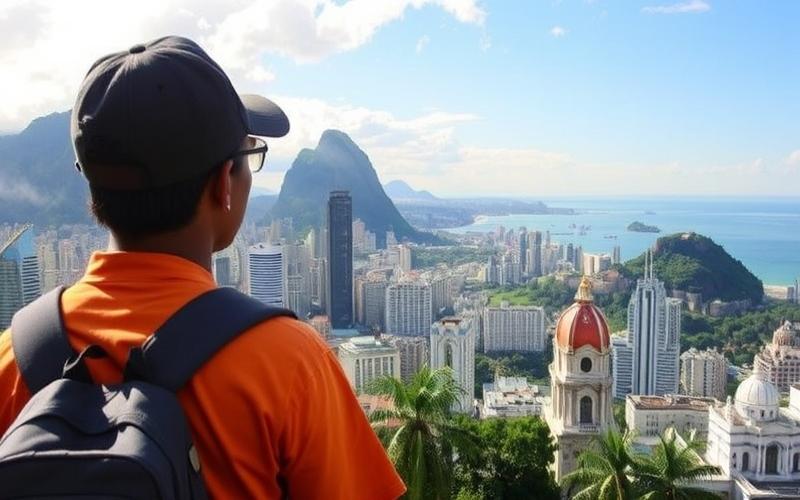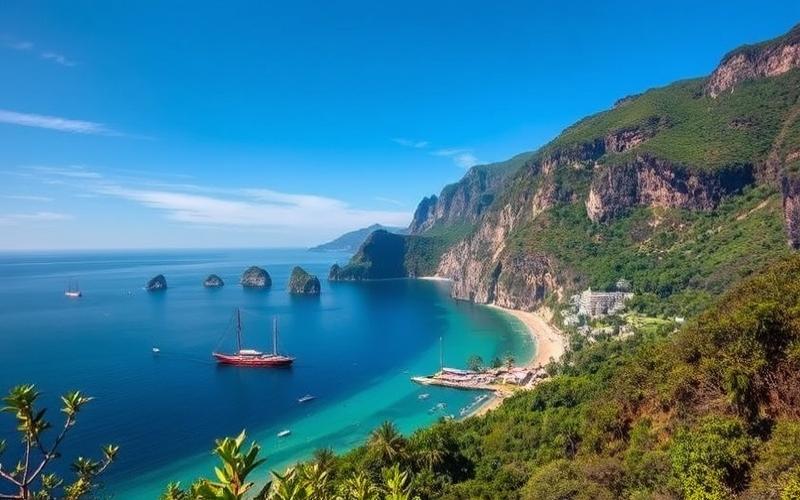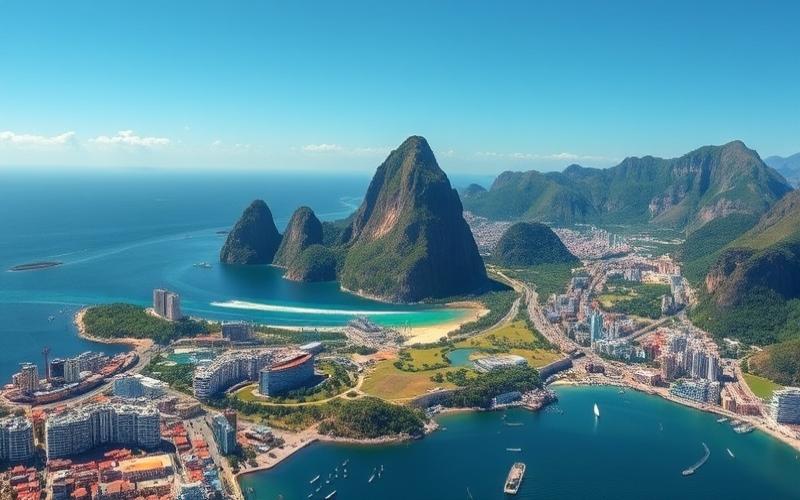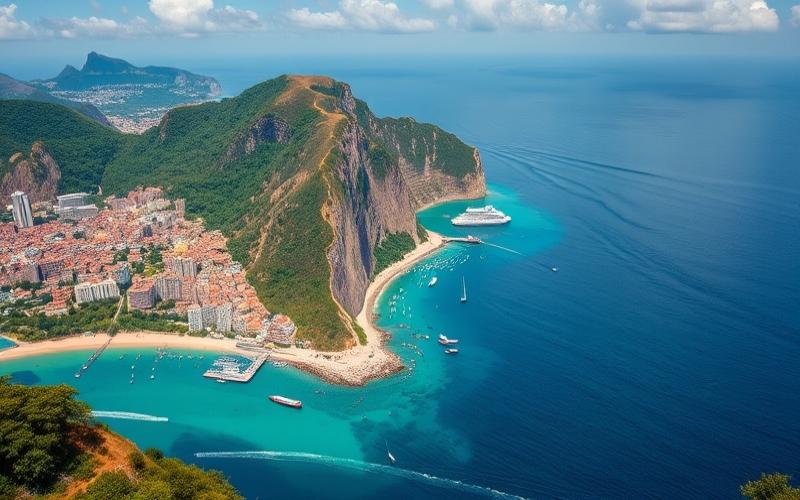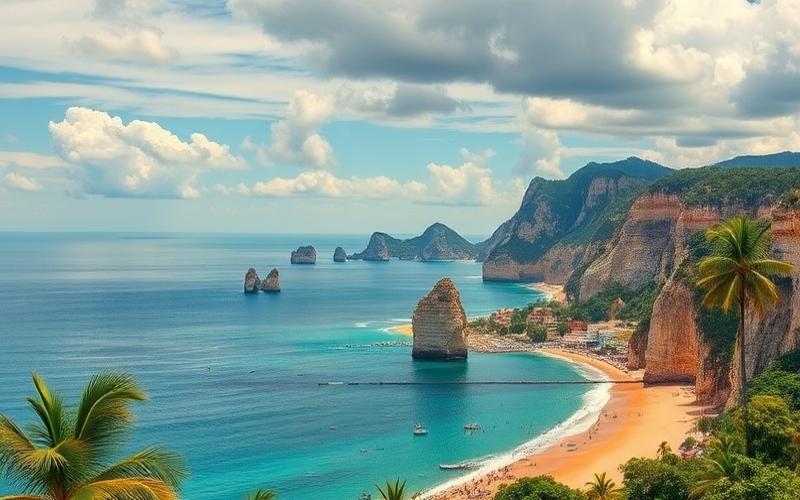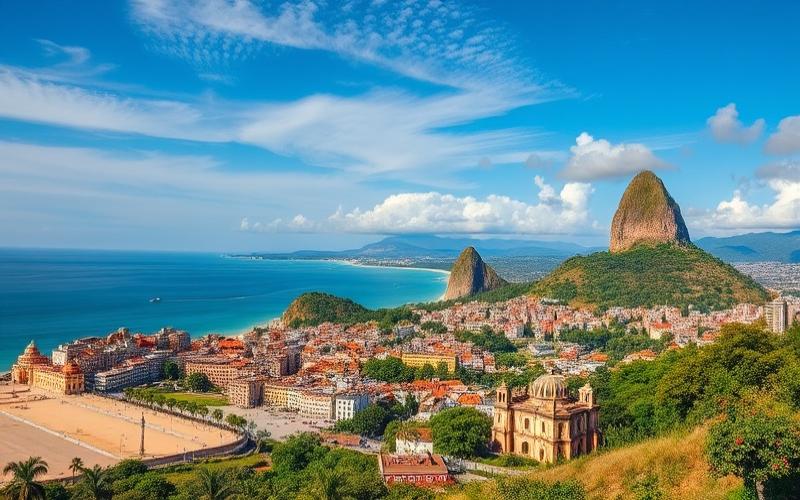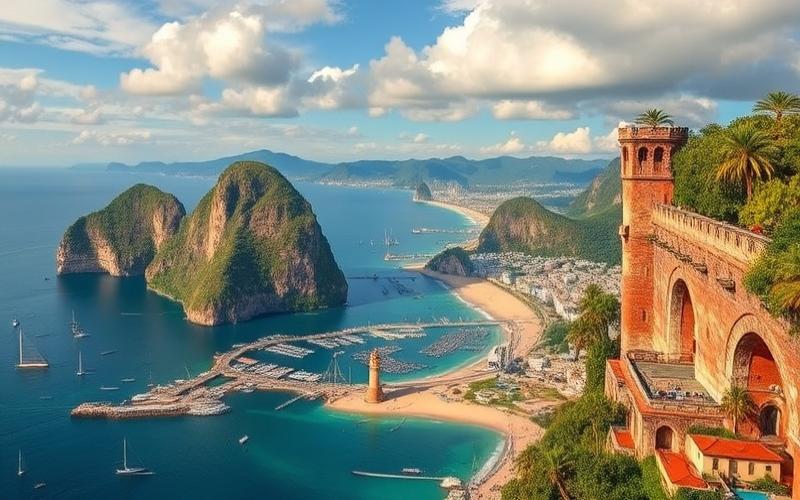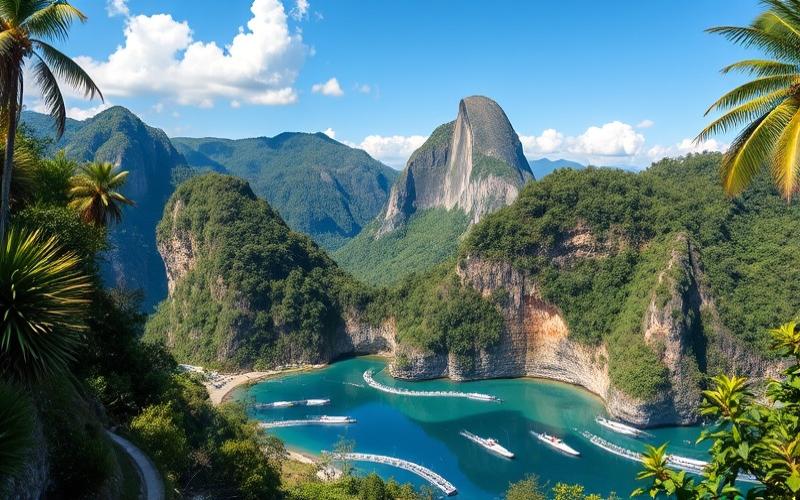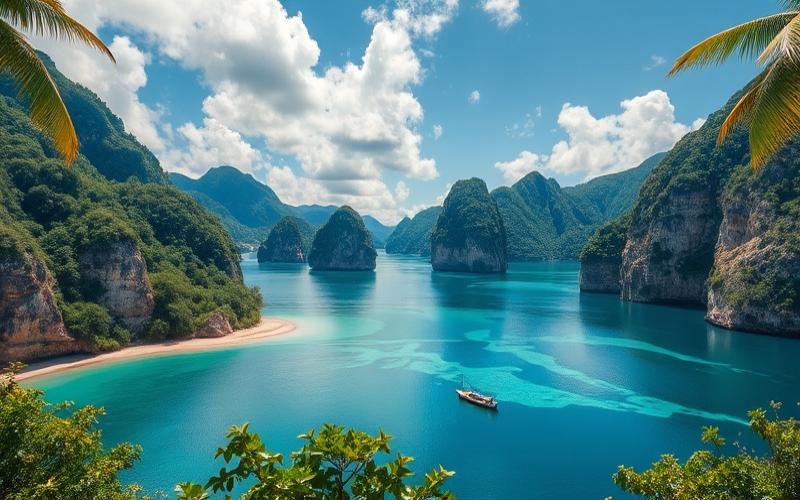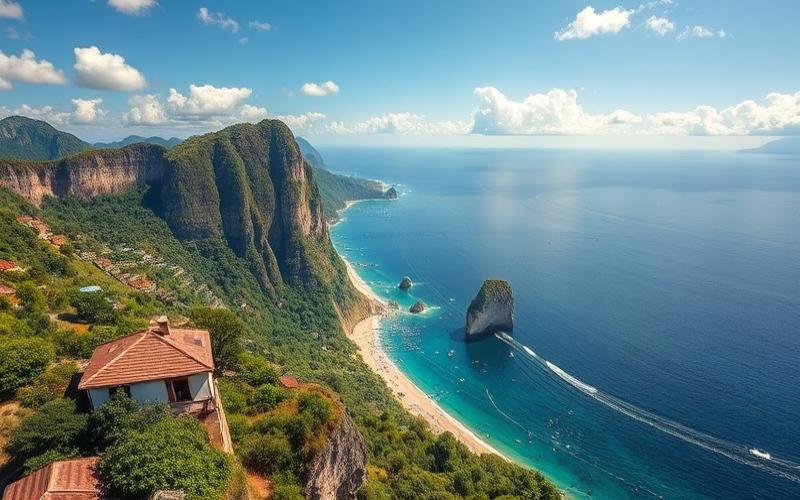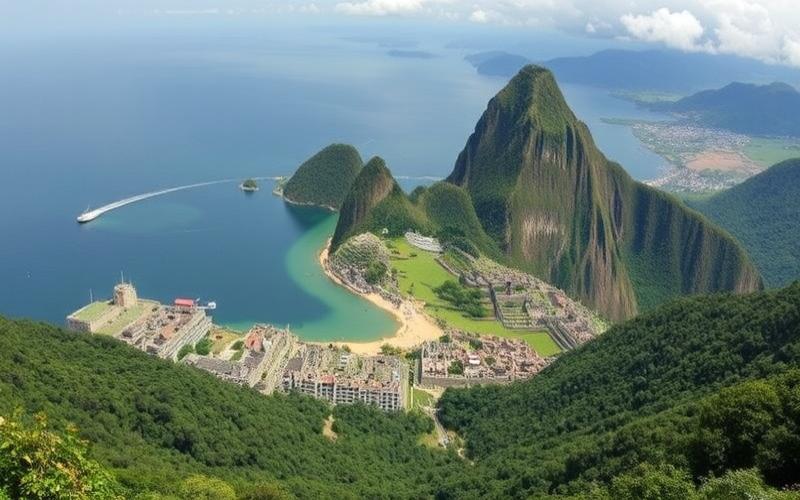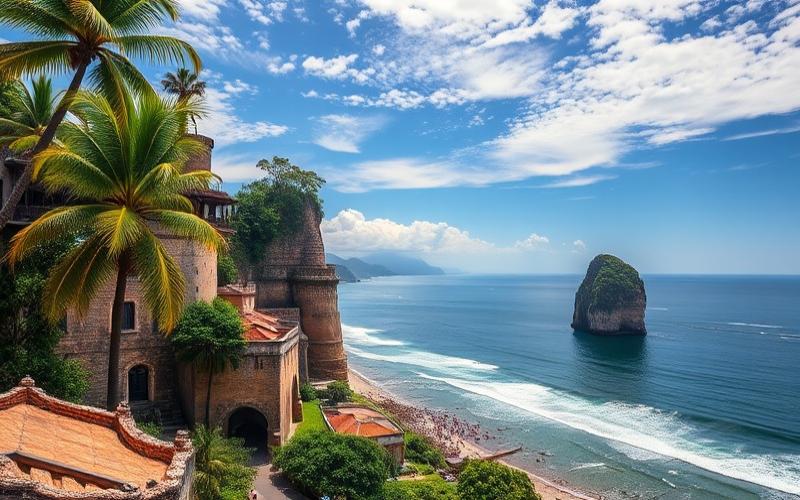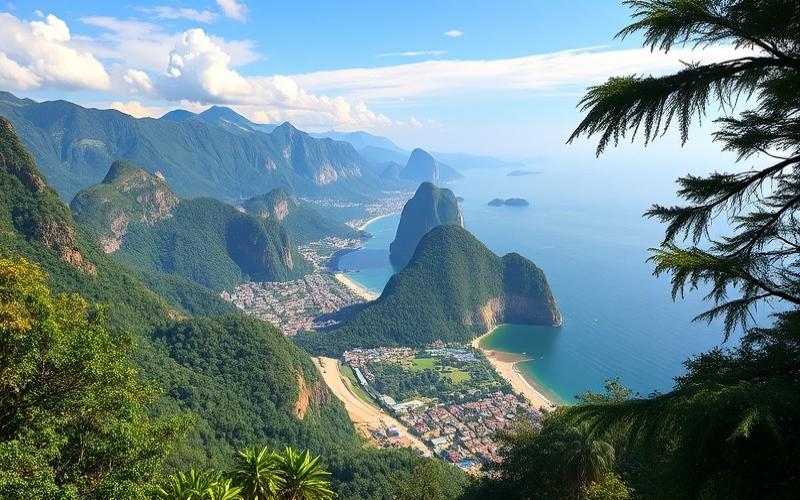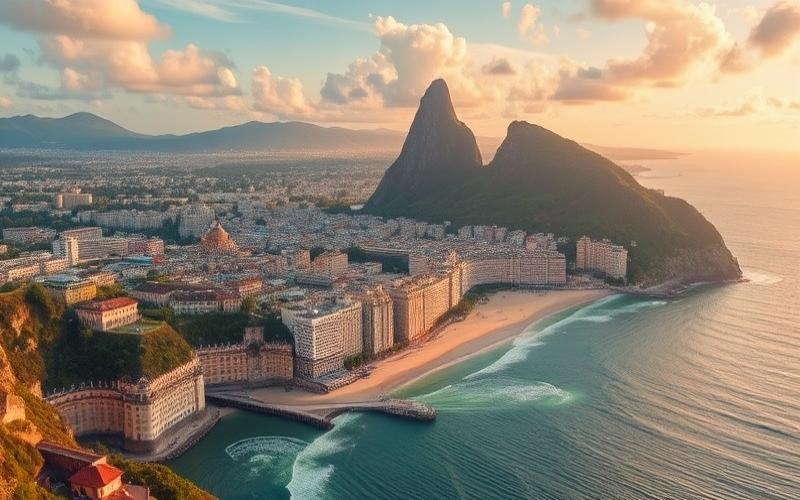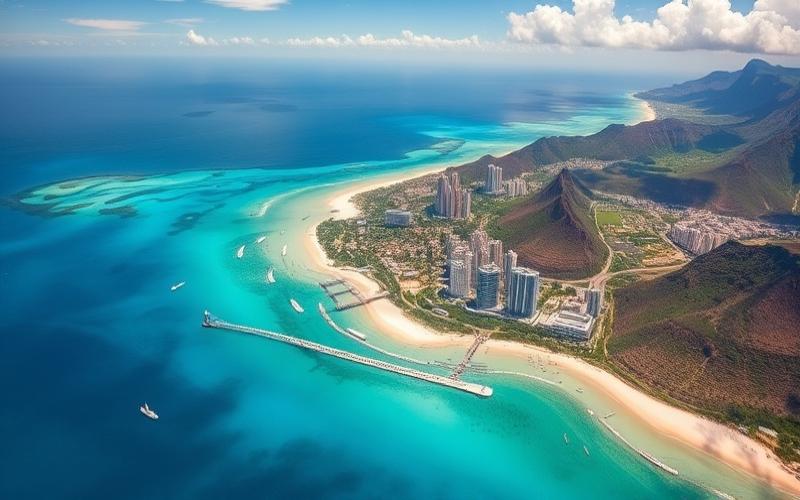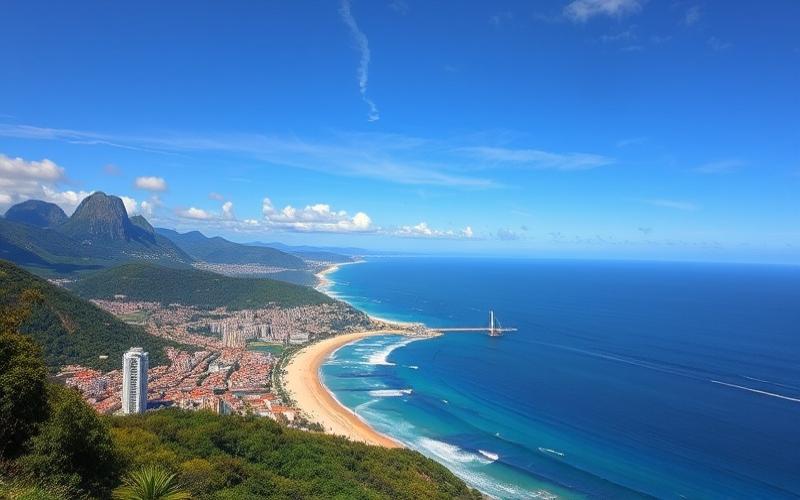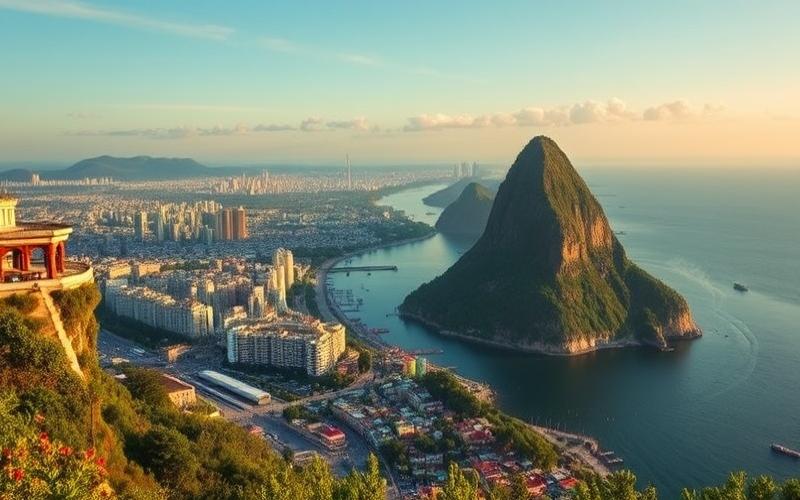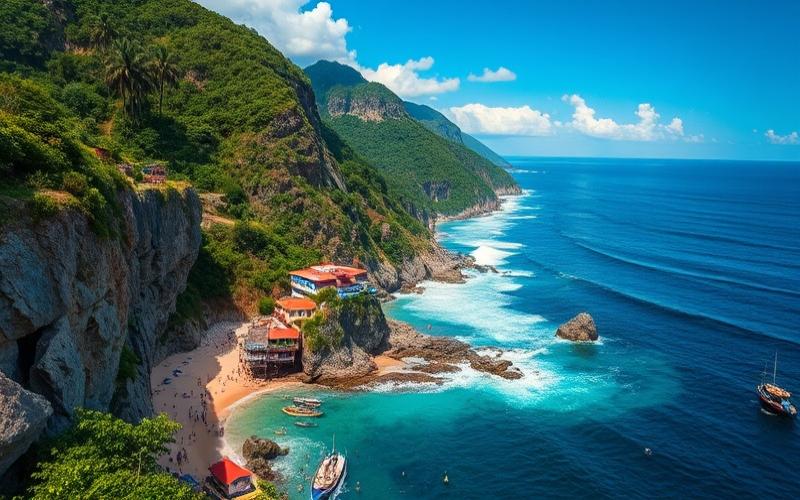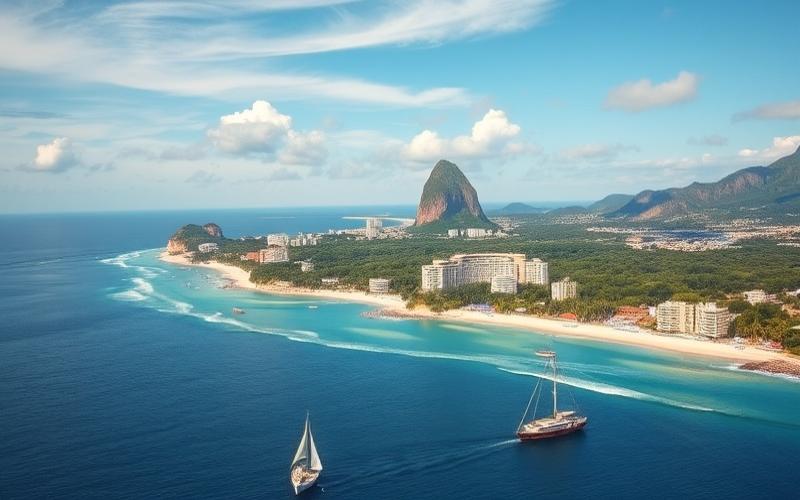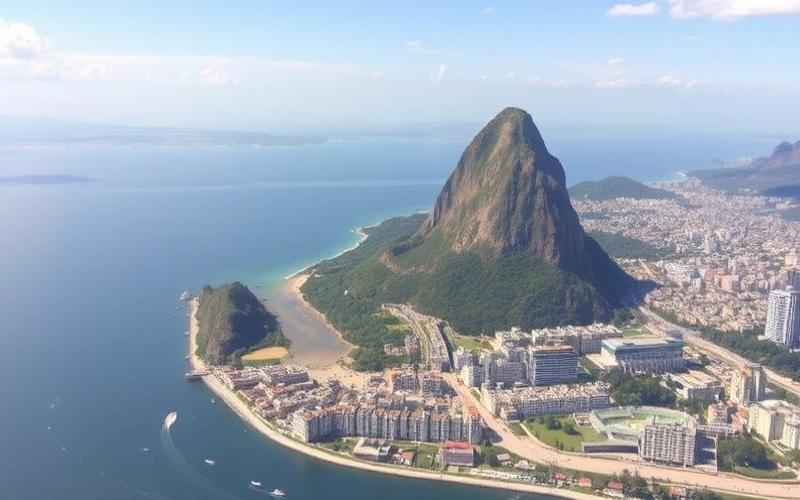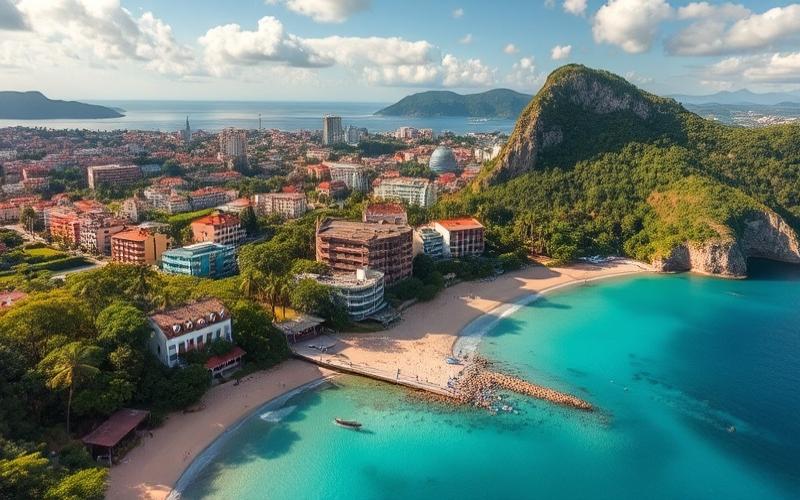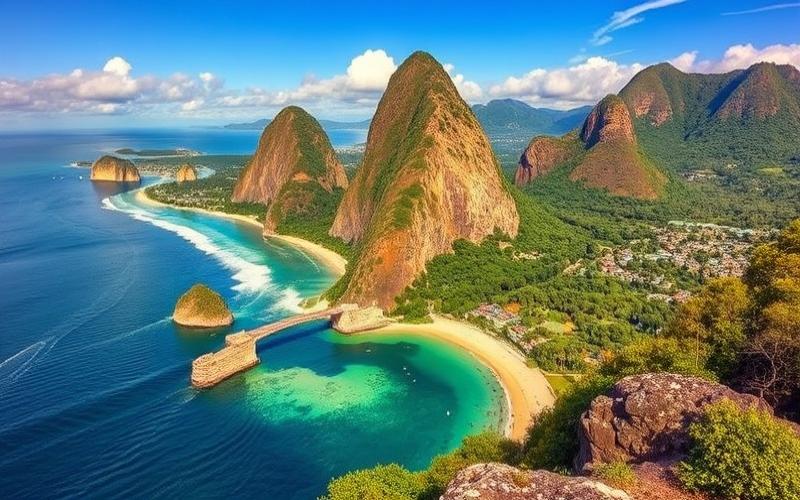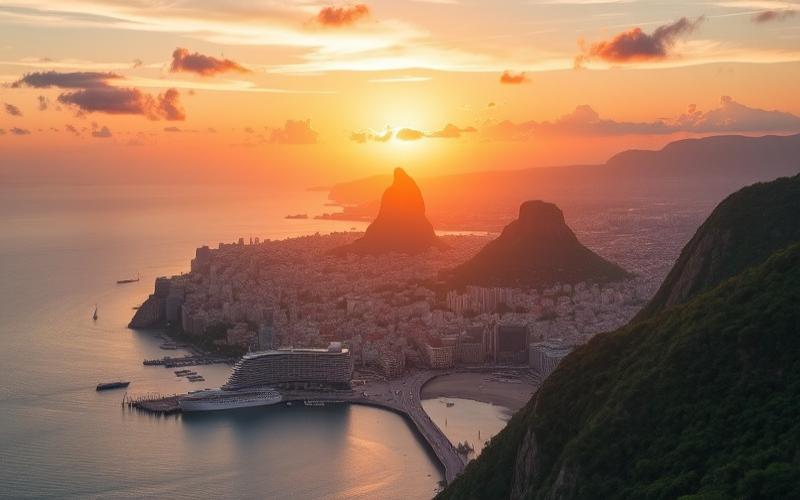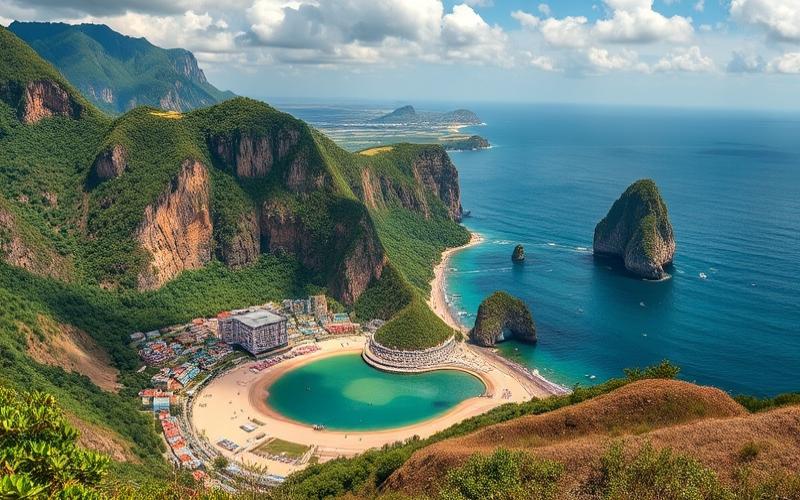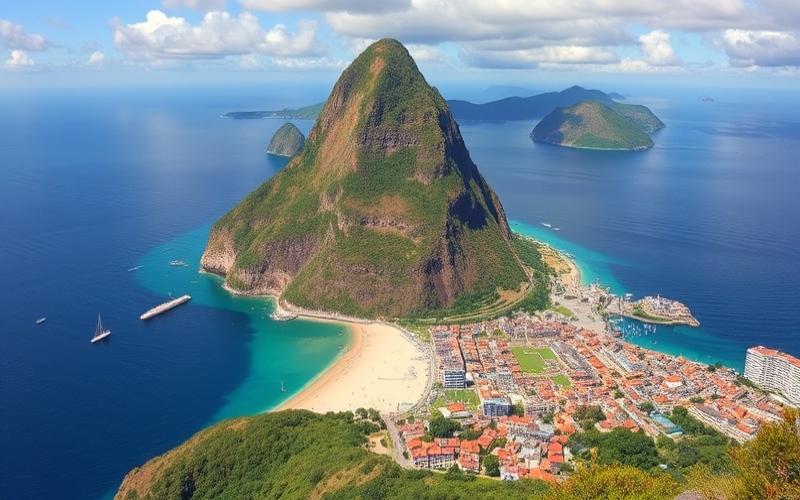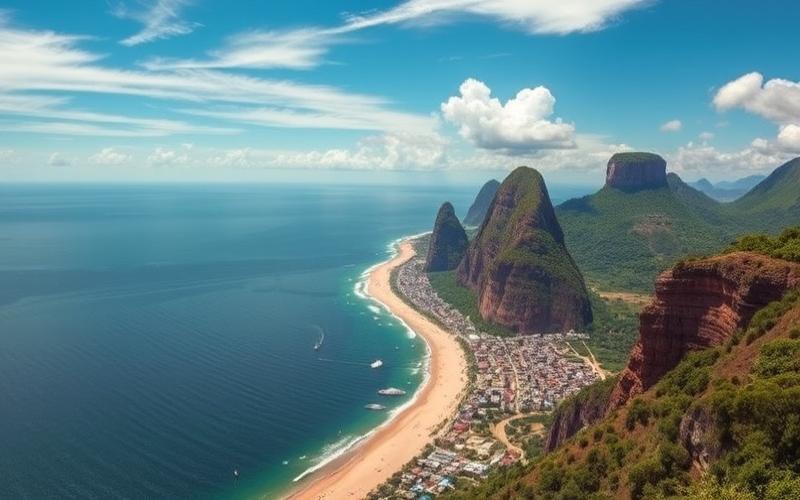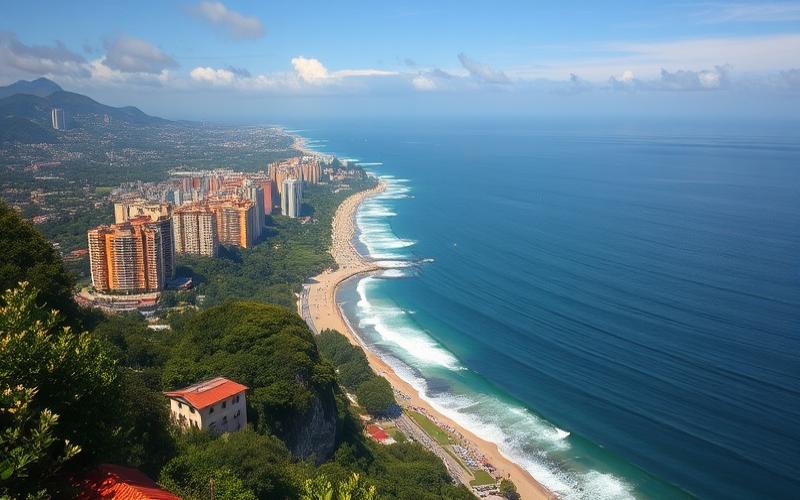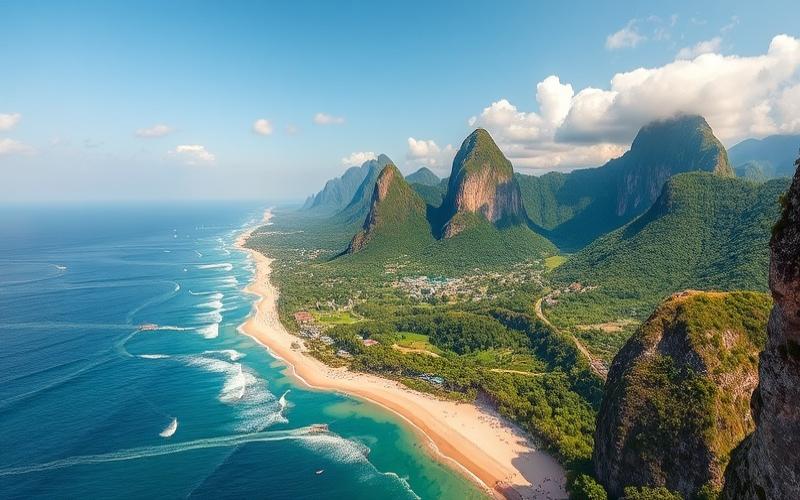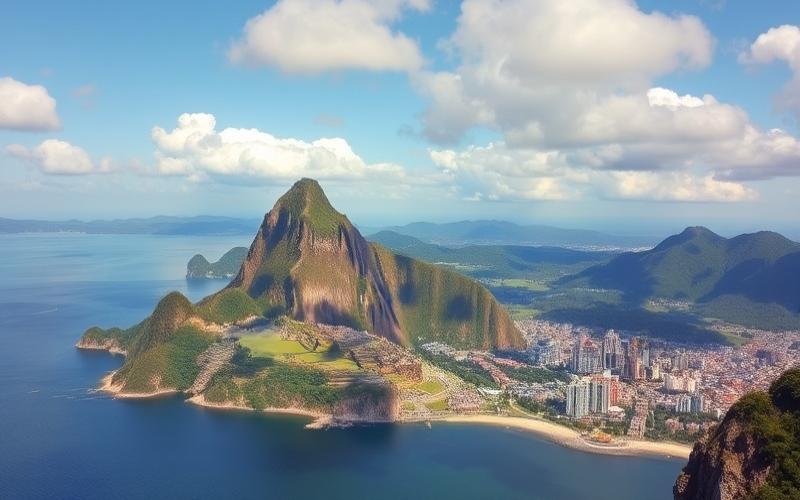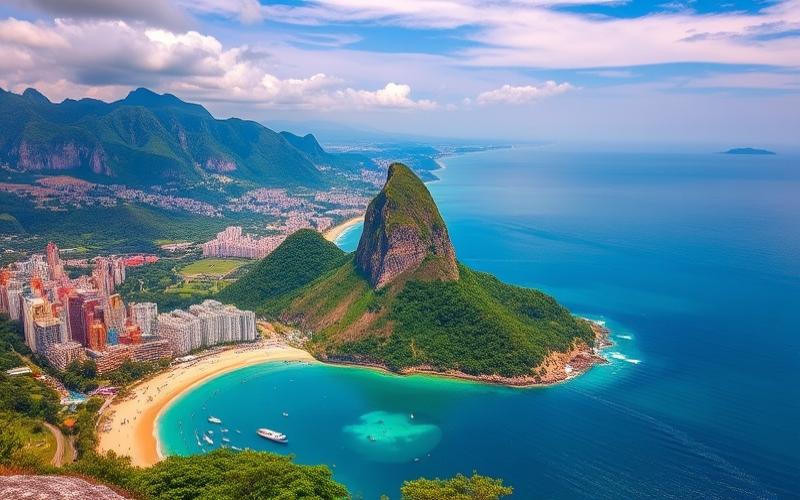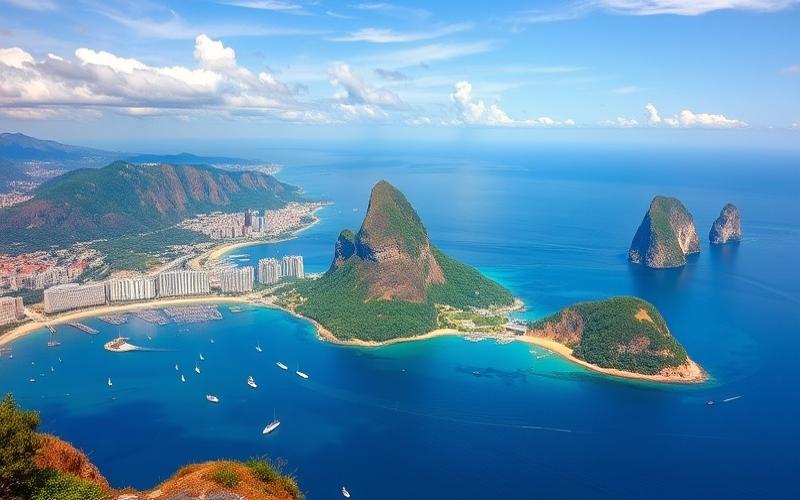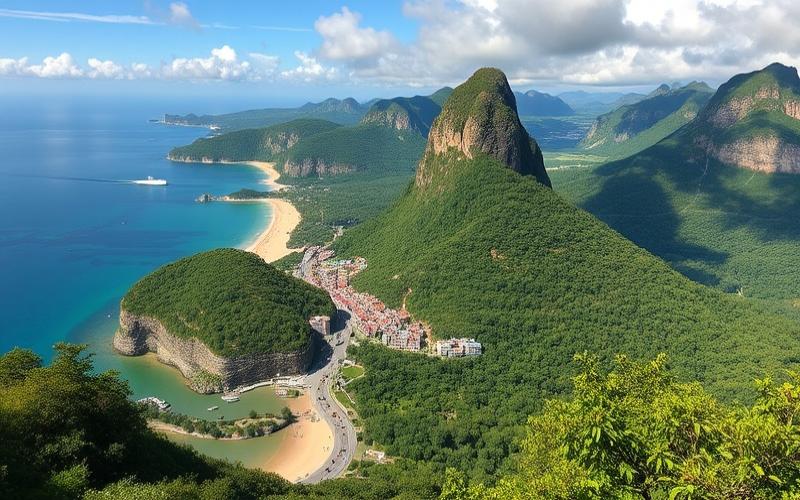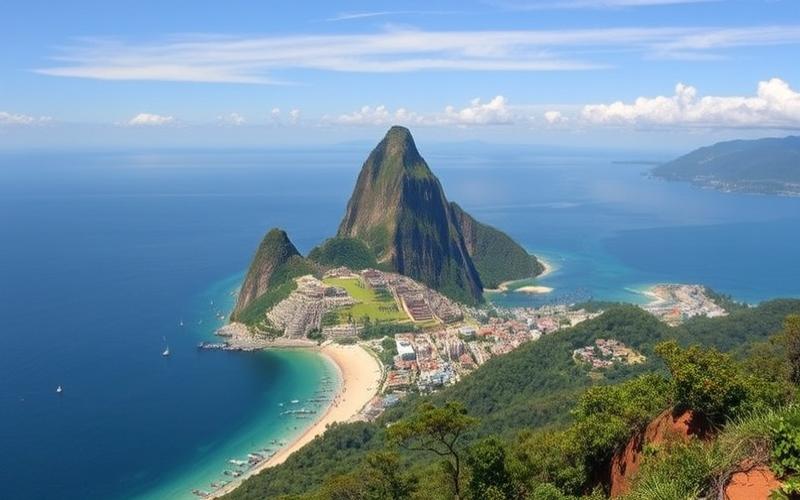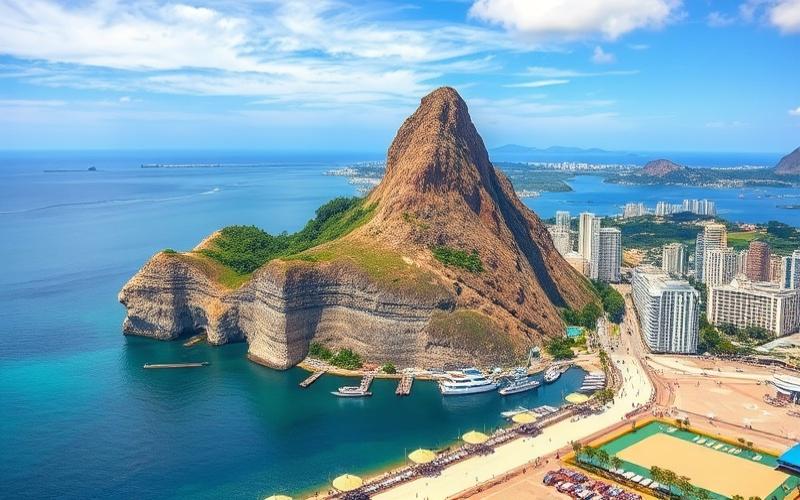
 Published on and written by Cyril Jarnias
Published on and written by Cyril Jarnias
In Brazil, a country of contrasts and cultural diversity, media law plays a crucial role in shaping public opinion and stimulating democratic debate. In this dynamic environment, freedom of expression is an essential pillar, but its implementation often faces complex regulations that seek to balance the free flow of information with the protection of individual dignity and national security.
This article explores these tensions and highlights the challenges and opportunities facing Brazilian media, while assessing the impact of government policies on pluralism and journalistic independence.
Media Law in Brazil: Legislative Framework and Recent Developments
The legislative framework for media law in Brazil is primarily based on the 1988 Constitution, which explicitly guarantees freedom of expression, press freedom, and the right to information. Article 5 of the Constitution states that the expression of thought is free, while prohibiting anonymity, and Article 220 prohibits any form of political, ideological, or artistic censorship.
Main Laws and Regulations Governing Media:
| Law/Regulation | Main Purpose |
|---|---|
| 1988 Constitution | Freedom of expression, prohibition of censorship, right to information |
| Telecommunications Law (LGT, 1997) | Regulation of the telecommunications sector, opening to competition |
| Marco Civil da Internet (MCI, 2014) | Rights and duties on the internet, net neutrality, data protection |
| Defamation Law | Criminal and civil liability for defamation, insult, slander |
Press Freedom and Censorship:
- The Constitution prohibits any form of prior censorship and guarantees the free flow of information. However, it provides limitations in cases of defamation, insult, or slander, which are criminal offenses in Brazil.
- The Marco Civil da Internet protects service providers from liability for user-generated content, except by court order requiring content removal.
Recent and Ongoing Legislative Reforms:
- In 2025, the Brazilian government is working on increased regulation of social media and instant messaging platforms to combat disinformation and strengthen platform accountability, while seeking to preserve freedom of expression.
- Recent debates also focus on regulating artificial intelligence, protecting copyright against generative technologies, and the impact of these developments on the media sector.
- These reforms are likely to strengthen the fight against illegal content but raise concerns about risks of excessive restrictions or infringements on press freedom.
Media Regulatory Authorities:
| Authority | Main Role |
|---|---|
| ANATEL | Telecommunications regulation, license allocation, technical supervision |
| ANCINE | Audiovisual sector regulation, support for national film production |
- ANATEL (National Telecommunications Agency) oversees radio, television, and telecommunications sectors, ensuring technical compliance and equitable access to frequencies.
- ANCINE (National Film Agency) ensures regulation and promotion of Brazilian audiovisual production.
Contemporary Challenges of the Brazilian Media Landscape:
- Disinformation: The proliferation of false information, particularly via social media, is a major concern. According to recent reports, a significant portion of Brazilians primarily get their news through these platforms, increasing the risk of exposure to disinformation.
- Media Concentration: The sector is marked by high concentration of media ownership, which limits plurality of voices and increases the influence of certain private or family groups on public opinion.
- Political Pressures: Journalists and media outlets regularly face pressures, intimidation, or threats, especially when investigating corruption, crime, or abuses of power.
Examples and Statistics:
- According to the Brazilian Association of Investigative Journalism, the number of attacks against journalists increased during recent election years.
- Several bills aim to hold platforms accountable while protecting journalists, but their implementation remains a subject of debate.
Key Future Issues:
- Finding a balance between combating disinformation, protecting press freedom, and preserving a pluralistic public space.
- Adapting the legislative framework to challenges posed by artificial intelligence and new technologies, without sacrificing essential constitutional guarantees.
Strong constitutional and legislative framework, but persistent challenges regarding disinformation, concentration, and political pressures on the media sector in Brazil.
Good to Know:
The 1988 Constitution guarantees freedom of expression, but recent reforms, such as the fake news law, aim to regulate the dissemination of information; the regulatory powers of ANATEL and ANCINE are crucial in facing challenges of media concentration and political pressures.
Freedom of Expression: Challenges and Limits in the Brazilian Context
The legal framework for freedom of expression in Brazil is marked by growing complexity, resulting from evolving laws and recent reforms, particularly around the regulation of digital platforms and the increased role of judicial institutions.
| Law or Reform | Year | Main Purpose |
|---|---|---|
| Federal Constitution | 1988 | Constitutional guarantee of freedom of expression |
| Marco Civil da Internet | 2014 | Rights and responsibilities on the internet |
| Fake news bill | 2023-2025* | Regulation of online content, fight against disinformation |
| Judicial reforms | Variable | Decisions on censorship, digital moderation |
*Reform under debate with recommendations from international actors to strengthen the legal regime.
Main Current Challenges
- Disinformation: Rapid proliferation via social media; absence so far of a robust regulatory framework to hold digital platforms accountable for this phenomenon.
- Censorship: Occasional interventions by the judiciary to suspend or remove content deemed illegal or dangerous (e.g., incitements to violence), sometimes criticized as infringements on journalistic independence.
- Impact of Digital Platforms: Major tech companies regularly adapt their moderation policies, sparking public debates and political pressures for more transparency and accountability.
Legal Limits
The legal limits imposed on this freedom primarily target:
- Defamation, subject to criminal penalties under the Brazilian Penal Code.
- Hate speech, prohibited when it explicitly incites discrimination or violence.
- Incitements to violence, which can justify immediate removal of the concerned content.
Recent judicial decisions have had a major impact. The Federal Supreme Court has been prominent in several emblematic cases related to extreme political speech, false electoral information, and attacks against democratic institutions. The National Council of Justice plays a role in general guidance, but its action often remains complementary to individual decisions rendered by supreme court justices.
Factors Influencing the Debate
- Increased mobilization during presidential elections around controlling online political discourse
- International pressures (diplomatic or economic sanctions) following controversial judicial decisions concerning certain political actors
- Organizations like Reporters Without Borders (RSF) call for stricter legislation on digital accountability to ensure a balance between protection against abuse (disinformation) and effective respect for fundamental freedom
| Institution | Role in the Debate |
|---|---|
| Supreme Court | Constitutional interpretation; final arbitration |
| National Council of Justice | Administrative supervision; recommendations |
International organizations as well as those from civil society regularly intervene to defend transparent regulation while warning about risks related to excessive tightening that could lead to unjustified censorship. These external pressures sometimes contribute to evolving domestic law towards more balance between public security, democratic pluralism, and individual protection.
The current situation is therefore characterized by a permanent tension between regulatory necessity facing new digital risks, strict respect for historical constitutional guarantees, growing influence of the judiciary, and sustained international vigilance aiming to preserve as much as possible this fundamental space that is freedom of expression.
Good to Know:
The legal framework for freedom of expression in Brazil is marked by growing complexity, where recent political debates and judicial decisions highlight major challenges such as disinformation on digital platforms, censorship, and limits imposed by laws on defamation and hate speech. Legislative reforms and the active role of institutions like the Supreme Court influence this freedom, while international pressures and actions by civil society organizations continue to impact its evolution.
Specific Regulations for Expatriate Journalists in Brazil
Legal Framework Applicable to Foreign Journalists in Brazil
Brazil guarantees press freedom in its Constitution, but the regulatory framework remains improvable, particularly to structure the implementation of public policies favorable to journalism. The main applicable laws are:
- The Federal Constitution, guaranteeing freedom of expression and information.
- Decree-Law No. 910 of 1938, which established the press card and reserved the exercise of certain activities to journalists holding a recognized diploma or certified experience.
- Rules relating to immigration and foreign labor, which apply to expatriate journalists.
Conditions to Work as an Expatriate Journalist
To practice in Brazil, a foreign journalist must:
- Obtain a specific work visa (generally a temporary visa type VITEM V, category “journalist” or “foreign correspondent”) issued by Brazilian consular authorities.
- Justify a contract or letter of commitment from a recognized media outlet.
- Apply for a work permit from the Ministry of Labor, often with the support of the local employer.
- Comply with immigration registration procedures upon arrival in the territory.
Comparison Between Expatriate and National Journalists
| Aspect | National Journalists | Expatriate Journalists |
|---|---|---|
| Press Card | Often mandatory | Not required, but specific accreditation required for foreign correspondents |
| Source Protection | Constitutional guarantee | Identical application, but sometimes more difficult access to local justice |
| Accreditation | Issued by national associations | Accreditation by the Ministry of Foreign Affairs or competent authorities |
| Sensitive Topics (security, crime, politics) | Regulated freedom, risk of pressures | Increased risk of surveillance or access restrictions, especially in conflict zones or when covering sensitive political topics |
Specific Obligations and Restrictions
- Foreign journalists must report their presence and mission to the Ministry of Foreign Affairs or the federal police.
- They are subject to stricter controls when covering topics related to national security, organized crime, or the Amazon.
- Their right of residence and work can be challenged in case of non-compliance with entry procedures or illegal practice of the profession.
Recent Incidents or Notable Legal Cases
- Cases of foreign correspondents having their visa suspended or not renewed following reports deemed sensitive by local authorities.
- Pressures exerted on journalists covering deforestation or land conflicts in the Amazon, sometimes with access restrictions or intimidation measures.
- No systematic conviction, but existence of a climate of distrust and threats, especially during election periods or social movements.
Perspectives and Testimonies from Expatriate Journalists
- Several foreign correspondents testify to the existence of a “climate of uncertainty”: they emphasize the need for legal vigilance and frequent recourse to specialized media law attorneys.
- Some express that, despite constitutional protection of freedom of expression, the environment remains fragile: “The law protects, but practice remains uncertain, especially far from major cities.”
- Expatriate journalists note that cooperation with local media and national professional associations is essential to access information and protect against administrative or judicial disputes.
The practice of journalism in Brazil by foreigners remains possible, but it requires rigorous administrative preparation and constant adaptation to local realities, particularly in the face of pressures and potential obstacles to press freedom.
Good to Know:
Expatriate journalists in Brazil must obtain a specific journalistic work visa and a permit, while complying with accreditation conditions sometimes stricter than their national counterparts, especially when covering sensitive topics. Recent incidents testify to challenges related to restrictions on source protection, illustrating potential limits to freedom of expression.
Disclaimer: The information provided on this website is for informational purposes only and does not constitute financial, legal, or professional advice. We encourage you to consult qualified experts before making any investment, real estate, or expatriation decisions. Although we strive to maintain up-to-date and accurate information, we do not guarantee the completeness, accuracy, or timeliness of the proposed content. As investment and expatriation involve risks, we disclaim any liability for potential losses or damages arising from the use of this site. Your use of this site confirms your acceptance of these terms and your understanding of the associated risks.

